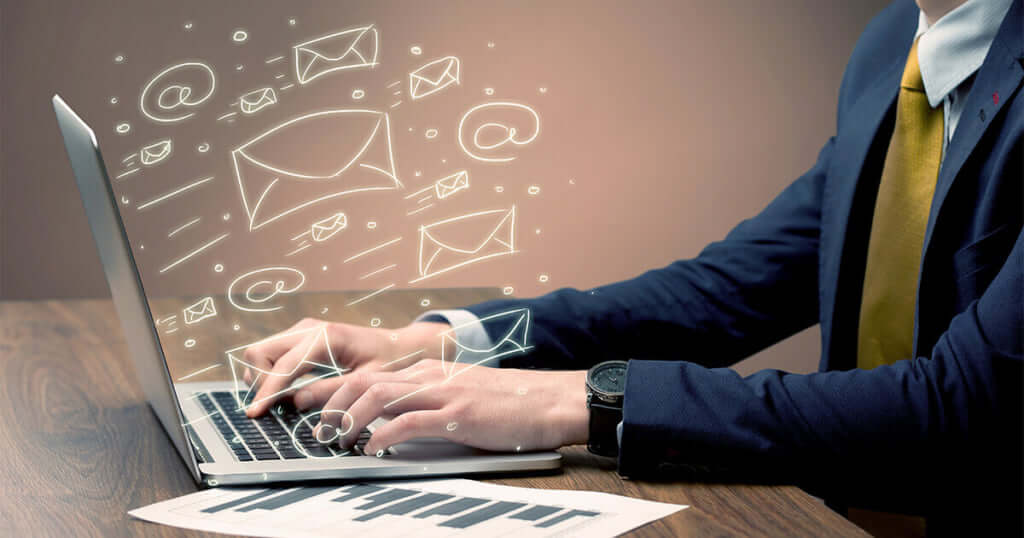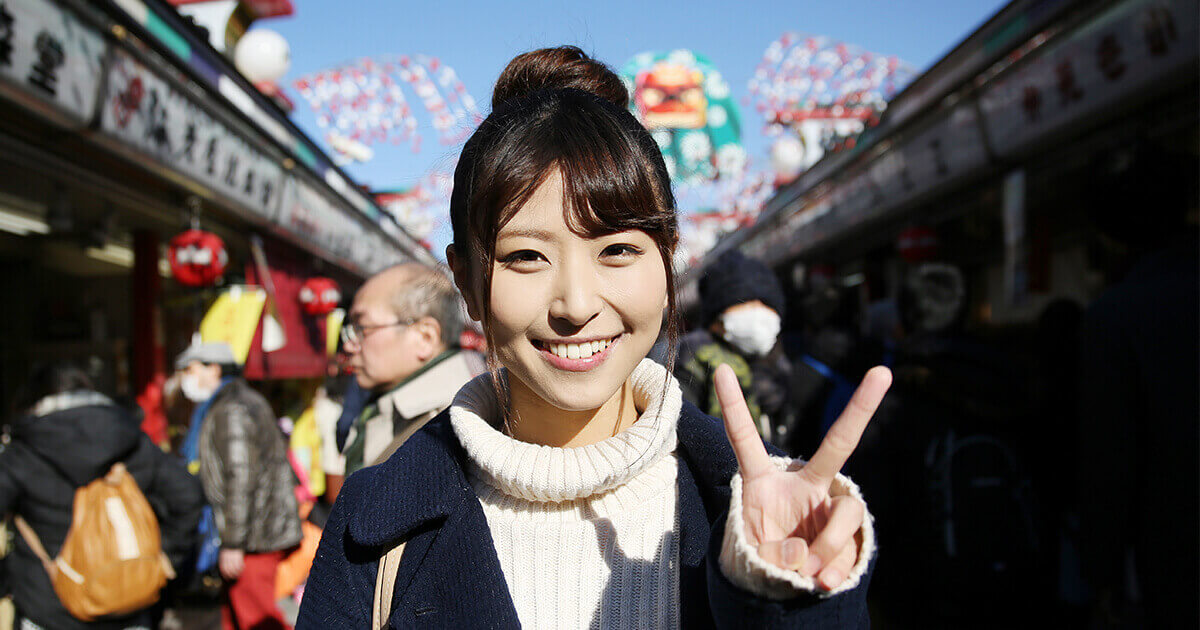
When you need to send a business email in Japanese, you may find that there are many expressions that you can use in business emails.
And they are sometimes quite different from the expressions in normal conversational emails. Here are some appropriate expressions to end business emails.
今後 とも(引 き続 き)よろしくお願 い致 します。
Kongo tomo (hikitsuzuki) yoroshiku onegai itashimasu
Appreciate your future (continuous) support.
This sentence implies that you want to continue your relationship with the client. You can use this sentence pretty much in any situation.
今後 ともお引 き立 てのほど、よろしくお願 い申 し上 げます。
Kongotomo ohikitate no hodo yoroshiku onegai moushiagemasu.
We appreciate your continued patronage.
This has almost the same meaning as the first one. If your client is using you or your company’s service, you can include this sentence to express your hope to keep a good relationship in the future.
今後共 ご指導 ご鞭撻 のほど、よろしくお願 い致 します。
Konngo tomo goshidoo gobentatsu no hodo yoroshiku onegai itashimasu
We appreciate your continued guidance and encouragement in the future.
To whom you (are supposed to) respect, this is one of the most polite ways to express that you are hoping to stay in good relationships with them.
ご連絡 お待 ちしております。
Gorenraku omachishite orimasu.
We are looking forward to hearing from you.
This is a simple expression you can use, when you are expecting to receive a reply from the receiver(s).
ご多忙 の中 、恐縮 ですが、ご返答 頂 けますと幸 いです。
Gotaboo no naka kyoushukudesuga, gohentoo itadakemasuto saiwaidesu.
I am sorry to trouble you, but will be looking forward to your reply.
This is another expression you can use when you are expecting a reply. By including the first part (Gotaboo no naka kyoushukudesuga), it sounds more thoughtful and polite.
取 り急 ぎ、ご連絡 申 し上 げます。
This is a quick note to keep you updated.
Toriisogi gorenraku mooshi agemasu,
There may be situations where you wrote an email which included information that you needed to tell (report) to the reciever as soon as possible, but didn’t have time to write a proper long email. In this kind of situation, you can end your email using this expression and excuse yourself for the short or improper email.
取 り急 ぎ、お礼 まで。
Toriisogi oree made.
This is just a quick note to express my gratitude.
You are writing an email where you only need to express your appreciation. If you are a sales person, it would be nice to send a polite e-mail by using expressions like this every time after your visit.
ご期待 に添 えず、申 し訳 ございませんでした。
Gokitai ni soezu mooshiwake gozaimasendeshita.
I have apologised that I did not meet your expectations.
Expressing that you are sorry you couldn’t meet a certain expectation from your client.
以上 、どうぞよろしくお願 い致 します。
Ijoo, doozo yoroshiku onegai itashimasu.
That's all, thank you very much. / That's the end of [something], thank you very much.
This expression is appropriate to use after giving some information/announcement such as your agenda, time and place of a meeting… This sentence is a good way to express that you have finished explaining and to ensure them to check those out.
お目 にかかれることを楽 しみにしております。
Ome ni kakarerukoto o tanoshimi ni shite orimasu.
I am looking forward to seeing you.
In situations where you have set up a meeting, it may be nice to end the email with this expression.
ご不明 などございましたら、お気軽 にご連絡 下 さいませ。
Go humee ten nado gozaimashitara, okigaru ni gorenraku kudasaimase.
If there are any issues, please do not hesitate to contact us.
If your email includes a complicated explanation, you may want to end your email with this expression to tell the receiver that you are open for any questions.
That’s all for today!!
Appropriately ending a business email can greatly enhance your career.
Be sure to review these expressions and create elegant emails in Japanese!






